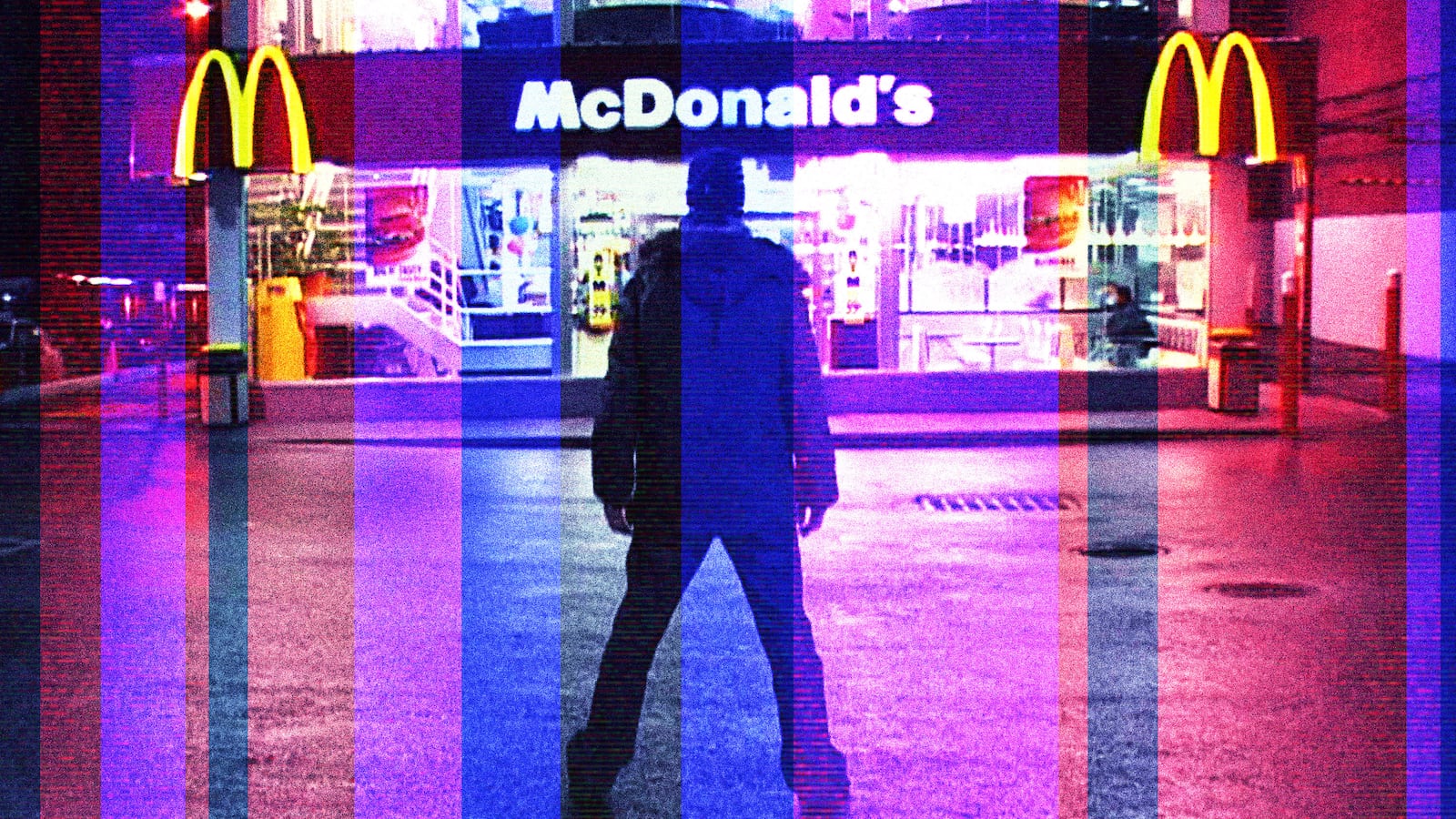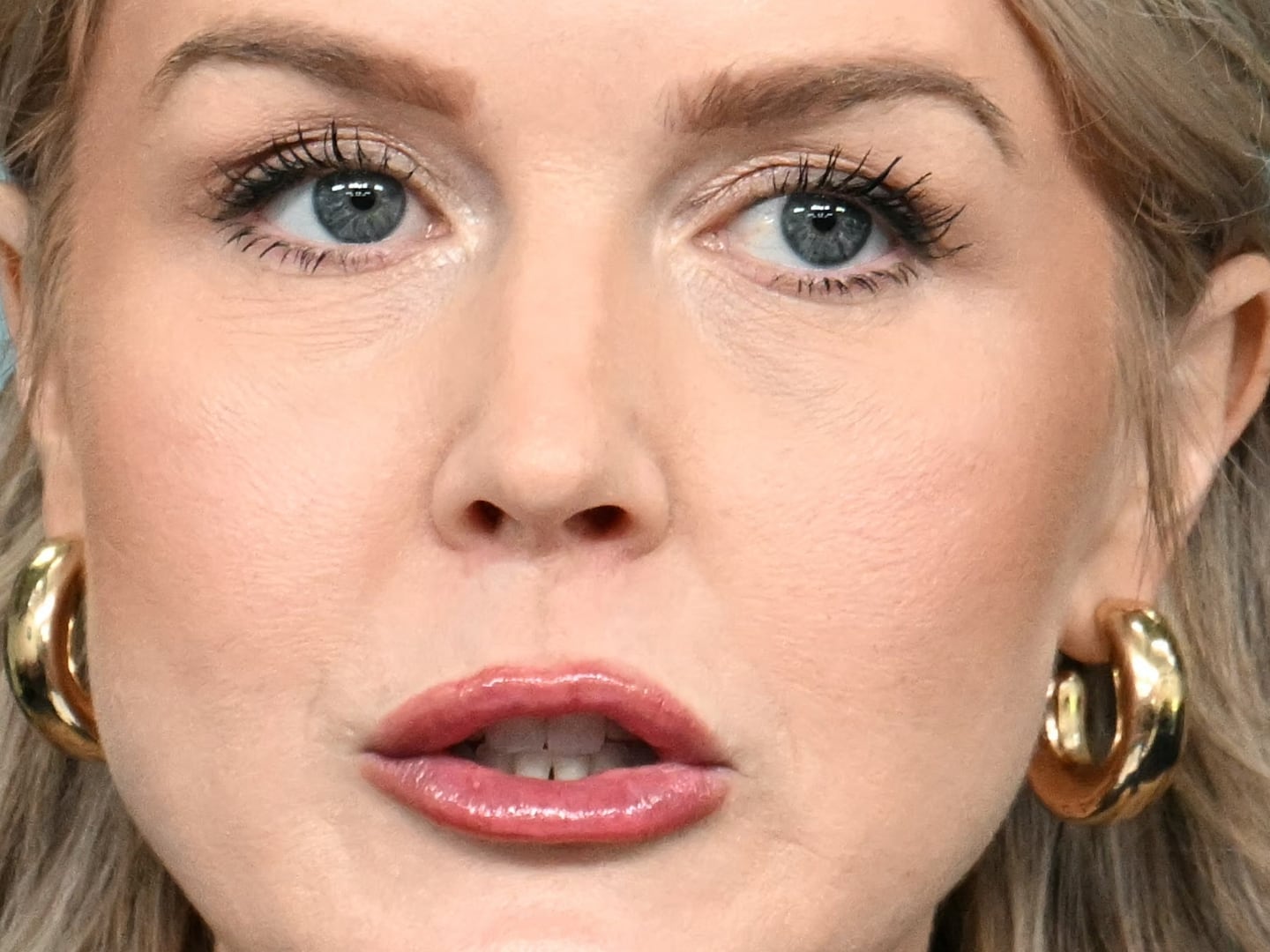Morgan Spurlock’s Super Size Me documentary hit the cultural lexicon with fervor. Spurlock, who died this week at age 53, experienced massive success on the heels of the 2004 film, which would end up grossing $22 million on a $65,000 budget.
Super Size Me became such a cultural juggernaut that it was regularly shown to students at school, with Spurlock and team releasing an edited version of the film just for that purpose after it was nominated for an Oscar.
The impact of watching Spurlock eat nothing but McDonald’s for 30 days, along with the purported health effects of doing so, sparked a wave of criticism of McDonald’s and fast food in general. However, 20 years later, the fast food industry is doing better than ever—and the health claims the doc makes have been called into question.
It didn’t always seem like McDonald’s would rise above the heat that the doc put on the company. Initially, shareholders sold shares, people called for boycotts of the food, and the general public sentiment around McDonald’s and similar chains was that it was bad for you. It seemed to spell the beginning of the end—after all, why would you want to eat food that could give you depression, high cholesterol, a diminished libido, and liver damage?
Spurlock himself took credit for changing perceptions about fast food, saying in a 2010 interview, “I do think the film did open people’s eyes, and at least opened the door to an even bigger conversation.” He said he “never” touched fast food again after making the film—except for the occasional In-and-Out burger.
But in the years that followed the doc’s release, viewers began to poke holes in Spurlock’s health outcomes after the 30-day experiment, as McDonald’s scurried to fix the resulting PR problem. A Swedish university conducted the same experiment in 2006, where healthy medical students in their twenties ate nothing but McDonald’s and limited exercise—but found that their outcomes were nowhere near as dangerous as Spurlock’s. At one point in the doc, Spurlock’s doctor tells him he’s “pickling” his liver, which he said resembled an “alcoholic’s after a binge.”
As it would turn out, the doctor was likely right, but that liver damage probably wasn’t just because Spurlock had been eating McDonald’s for breakfast, lunch, and dinner. Over a decade later, Spurlock stunningly admitted he’d struggled with alcoholism since he was 13 years old.
“I haven’t been sober for more than a week in 30 years,” Spurlock revealed in a long social media statement in which he opened about being “accused of rape” during college in an apparent attempt to get ahead of his own #MeToo moment in 2017. He got sober shortly after that and would provide regular updates about the longevity of his sobriety.
Viewers latched onto the fact that he conspicuously omitted the reality of his drinking habit during filmed doctor check-ups in Super Size Me, arguing that it represented a huge flaw in the film’s message.
But by then, McDonald’s had already emerged on the other side of the brand nightmare the film had caused. Although the brand had initially attempted damage control (the Super Size menu was eliminated after the film’s release, but McDonald’s told The New York Times the decision was unrelated), the company eventually started to lock in on what their customers liked most about its food—and customers responded in kind.
McDonald’s now has more locations than when Super Size Me premiered, and it continues to expand, employ, and feed millions of people on any given day.
Perhaps most impactful is that millions of children who grew up during the period where the brand was heavily marketed at children are now adult millennials who’ve enjoyed the fast food industry’s new penchant for incorporating celebrity brands into their menus.
As society reflects on the film’s legacy 20 years later, as well as the life and death of Spurlock, the nature of the film’s impact, though undoubtedly large, is more complicated than ever.






